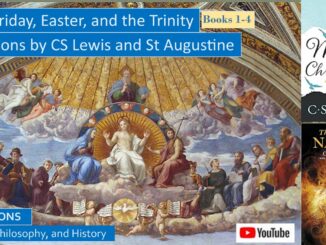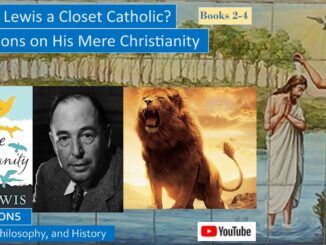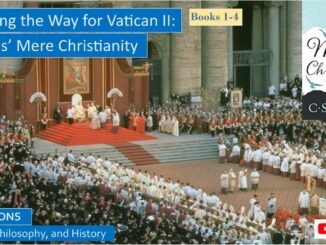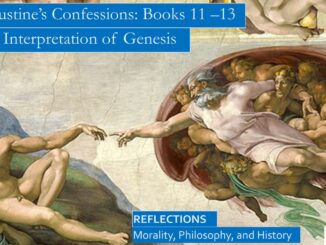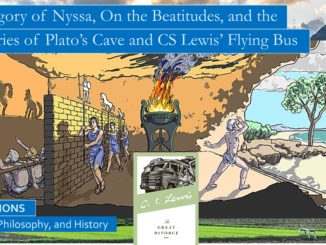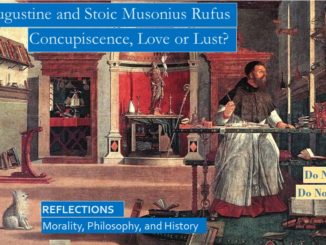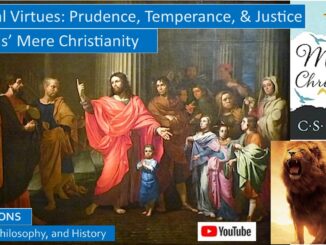
Mere Morality and the Cardinal Virtues in CS Lewis’ Mere Christianity: Prudence, Temperance, and Justice
CS Lewis has “two bits of evidence that the Somebody,” whom we worship as the Almighty God, truly exists. “One is the universe he made.” “The other bit of evidence is that Moral Law which He has put into our minds. And this is a better bit of evidence than the other because it is inside information.” In the Judeo-Christian traditions, “we conclude that the Being behind the universe is intensely interested in right conduct: in fair play, unselfishness, courage, good faith, honesty and truthfulness.” […]

